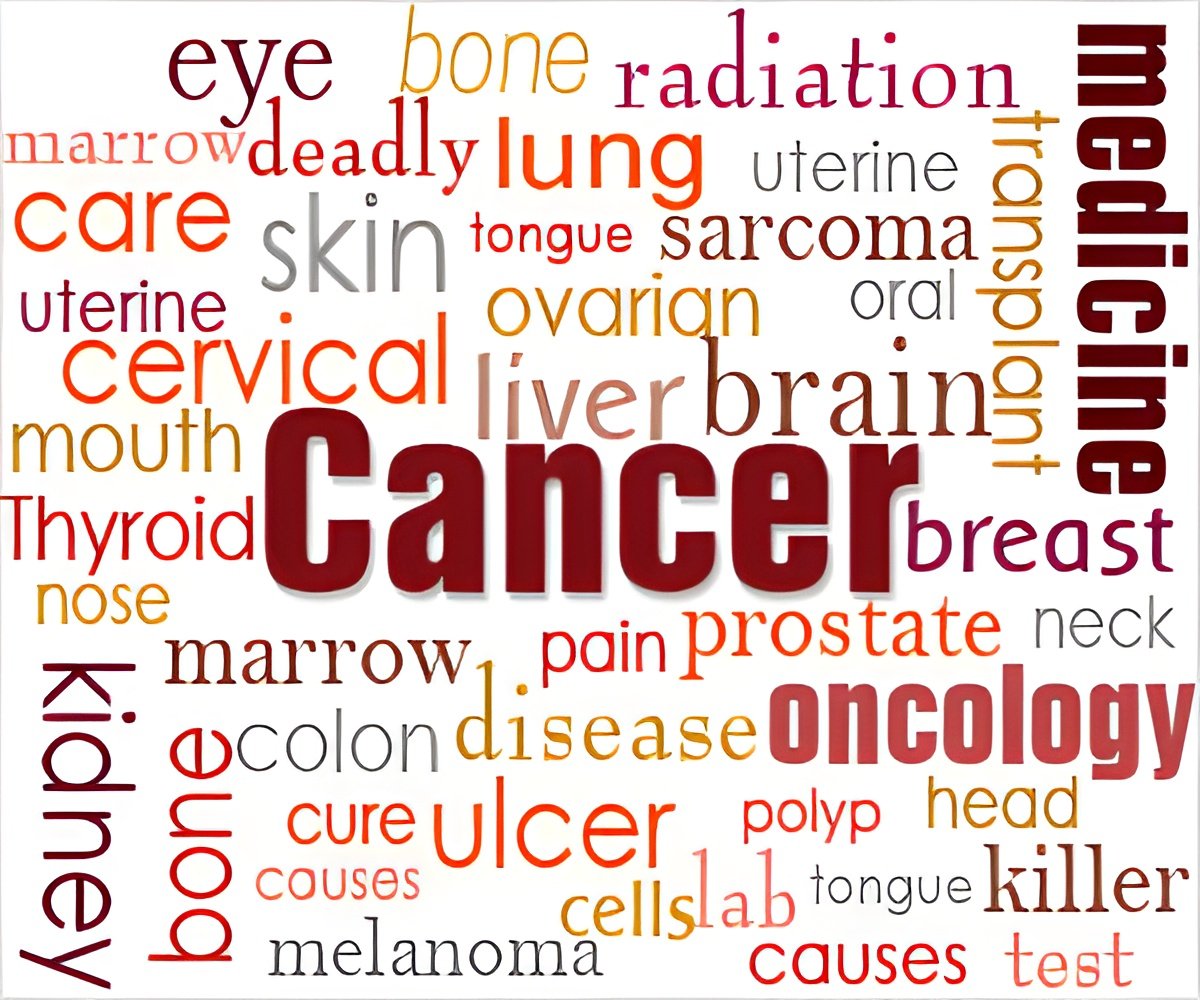Some tumors rely on fat to grow aggressively, thus researchers have discovered a molecular network without which fat no longer promotes tumor growth.

‘As obesity is rising, insights into the mechanisms underlying its link with cancer aggressiveness are urgently needed to develop new strategies for reducing prostate cancer morbidity and mortality.’





"Some tumors rely on fat to grow aggressively," said Mikhail Kolonin, Ph.D., senior author and associate professor at John P. and Kathrine G. McGovern Medical School at UTHealth. "We've discovered a molecular network without which fat no longer promotes tumor growth." The researchers focused on prostate cancer, which claims more than 26,000 lives in the United States each year. Other obesity-associated malignancies include breast and colorectal cancer. The obesity-induced switch identified in the study is chemokine CXCL1, a signaling molecule that regulates cell trafficking. When the investigators blocked the switch in mouse models, the obesity-induced progression of prostate cancer slowed.
To see if their findings apply to humans, the investigators compared the CXCL1 levels in the tumors of patients with prostate cancer and obesity to those with prostate cancer and no obesity. The CXCL1 signaling to adipose tissue was found to be higher in the obese patients.
When activated in excessive fat, CXCL1 sends out a signal that attracts cells from fat to the tumor, Kolonin said. These particular fat cells are called adipose stromal cells (ASC) and they support tumor-nourishing blood vessels.
"As the prevalence of obesity is rising, insights into the mechanisms underlying its link with cancer aggressiveness are urgently needed to develop new strategies for reducing prostate cancer morbidity and mortality," the authors wrote.
Advertisement
Kolonin's laboratory is in the Brown Foundation Institute of Molecular Medicine for the Prevention of Human Diseases at UTHealth. His co-authors at UTHealth include Tao Zhang, Ph.D.; Chieh Tseng, Ph.D.; Yan Zhang, Ph.D.; and Olga Sirin, Ph.D.
Advertisement
The study titled "CXCL1 mediates obesity-associated adipose stromal cell trafficking and functioning in the tumor microenvironment" was supported by the National Institutes of Health (P50 CA140388), the Cancer Prevention and Research Institute of Texas (RP110776) and the American Cancer Society (CNE-119003).
Kolonin is the director of the Center for Metabolic and Degenerative Diseases and the Harry E. Bovay, Jr. Distinguished University Chair in Metabolic Disease Research at McGovern Medical School. He is also on the faculty of The University of Texas Graduate School of Biomedical Sciences at Houston.
Source-Newswise











